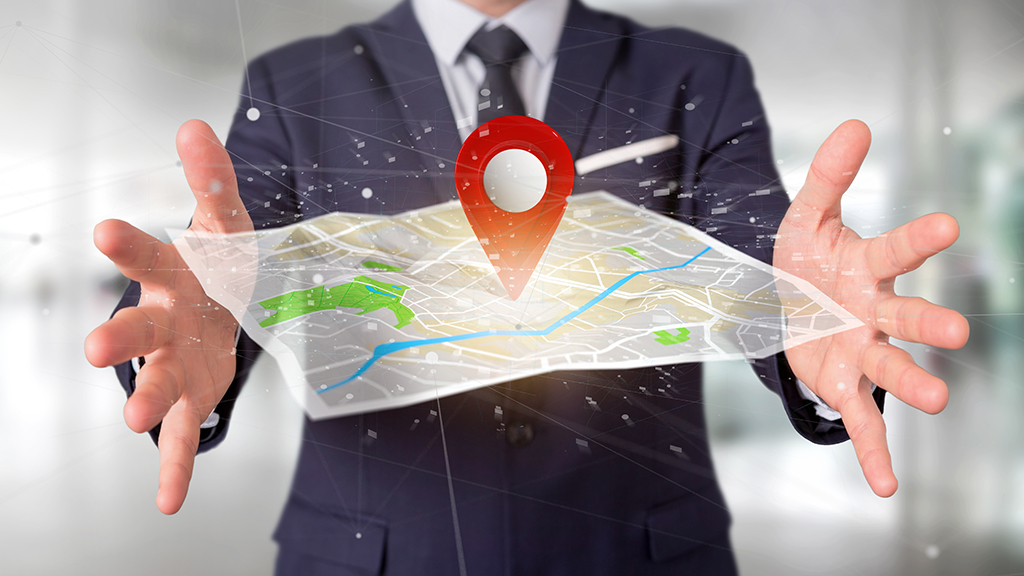As India accelerates toward its Smart City vision, the integration of intelligent infrastructure, real-time data, and digital solutions is critical. At the heart of this transformation is GPS tracking technology—a system that is revolutionizing how cities move, operate, and serve their citizens.
What is the Smart City Mission?
Launched by the Government of India, the Smart Cities Mission aims to promote sustainable and inclusive urban development. The goal is to create 100+ cities that offer:
- Efficient public transport
- Smart waste management
- Real-time governance
- Safer public spaces
- Digitally connected services
To achieve this, cities must invest in real-time data collection and monitoring systems—and that’s where GPS tracking enters the scene.
1. Intelligent Public Transportation
A key goal of Smart Cities is to build safe, efficient, and accessible transportation systems. GPS tracking enables:
- Real-time tracking of buses and public vehicles
- Live arrival and departure updates for commuters
- Route optimization based on traffic conditions
Cities like Pune, Indore, and Surat have already implemented GPS-enabled smart bus systems. Passengers benefit from improved reliability, while authorities can monitor operations remotely.
2. Efficient Waste Collection and Management
Traditional waste collection systems are often inefficient and costly. With GPS-tracked garbage trucks and bins:
- Municipalities can optimize collection routes
- Monitor service frequency and coverage
- Reduce fuel usage and workforce overheads
Cities like Nagpur and Hyderabad are using GPS and IoT-enabled waste management systems to boost cleanliness and operational transparency.
3. Emergency Services and Disaster Response
In emergencies, seconds matter. GPS tracking supports:
- Real-time tracking of ambulances and fire brigades
- Shortest route navigation with live traffic data
- Centralized dispatch and coordination systems
This ensures faster response times and greater accountability during crises, helping cities provide better care and safety to residents.
4. Vehicle and Fleet Management for Government Utilities
From water tankers to street-cleaning vehicles, public utility fleets are now being managed using GPS trackers:
- Monitor daily operations
- Detect misuse or unauthorized detours
- Maintain accurate logs and fuel reports
GPS tracking ensures resource efficiency and transparency in public services—two pillars of a successful Smart City.
5. Enhancing Women’s Safety and Public Security
In many cities, GPS tracking is being integrated with public safety apps and surveillance systems:
- Women-only public vehicles fitted with GPS and panic buttons
- Real-time alerts sent to police control rooms
- Route and speed monitoring to prevent misuse
This is an essential step toward creating safer urban spaces and restoring public confidence.
6. Smart Parking and Traffic Decongestion
GPS and sensor-based systems are now used to:
- Show real-time parking availability
- Reduce traffic bottlenecks with dynamic routing
- Enable e-challan and automated violation detection
By reducing idle driving and congestion, GPS supports India’s mission for greener, less polluted urban environments.
7. Data Analytics & Smart Governance
GPS tracking systems integrated with smart city dashboards provide city administrators with powerful tools to:
- Visualize urban mobility trends
- Analyze service gaps
- Make evidence-based policy decisions
This data-driven governance model leads to more responsive and citizen-centric city management.
Why EasyTrackIndia.in Is an Ideal GPS Partner for Smart Cities
At EasyTrackIndia.in, we offer reliable, scalable, and government-compliant GPS tracking solutions for:
- Public transport
- Waste management
- Emergency services
- School and staff transport
Our devices are designed for Indian road conditions and support features like real-time alerts, fuel monitoring, route optimization, and data analytics. With end-to-end support, EasyTrackIndia.in is helping India’s cities become smarter—one vehicle at a time.







